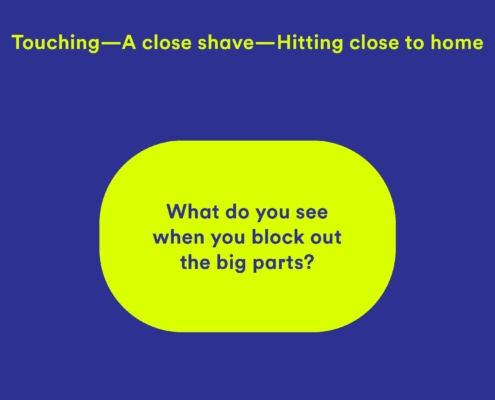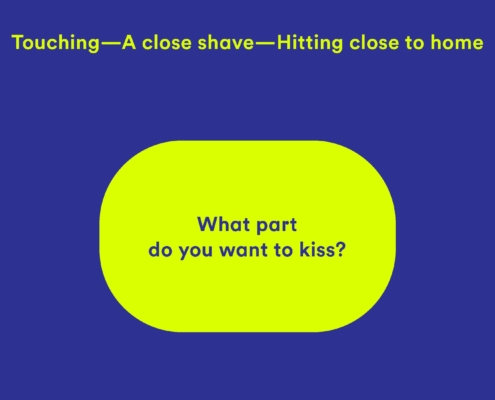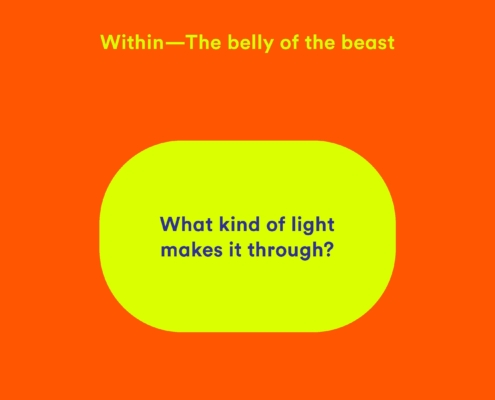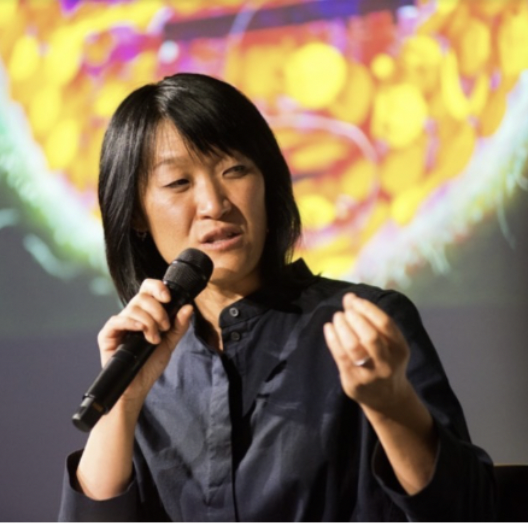“No Conclusions”
Tools and perspectives serve particular ends. Built on colonial and masculinist assumptions about the importance of teleological thinking and totalizing coherence, the tools and perspectives embodied by academic thinking, research, and writing processes aim to traffic in airtight conclusions, from which follows a logic of legitimate/illegitimate, relevant/irrelevant thought and knowledge. Epistemologies that are not founded on such logic—and the individuals and communities who practice them—are not only dismissed and disregarded, but also unfunded and unpublished. Not only are our research and academic environments poorer for this, but in tying our success to airtight-conclusion thinking, we limit our thought and our being.
In my role as Associate Director of the CSW/Streisand Center, I will bring methodologies from the Practice-based Experimental Epistemology Research Lab (PEER Lab), which I founded to study the creative processes involved in everyday, traditional, and emerging practices. In collaboration with the CSW/Streisand Center community, we will develop and offer such feminist and decolonial conclusion-avoidant methodologies with the aim of serving its research, teaching, and community work.
Sometimes our methodology consists in simply developing questions which we invite you to consider (see some sample questions below). Think about a research object or question, event, text, performance or moment; then ask one of these questions in relation to it.
People
Nina Sun Eidsheim
Nina Eidsheim (she/her) is the author of Sensing Sound: Singing and Listening as Vibrational Practice and The Race of Sound: Listening, Timbre, and Vocality in African American Music; co-editing Oxford Handbook of Voice Studies; Co-editor of the Refiguring American Music book series for Duke University Press. Eidsheim is Professor of Musicology at The UCLA Herb Alpert School of Music and founder and director of the UCLA Practice-based Experimental Epistemology (PEER) Lab, an experimental research Lab dedicated to decolonializing data, methodology, and analysis, in and through multisensory creative practices.







